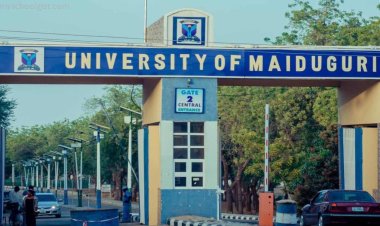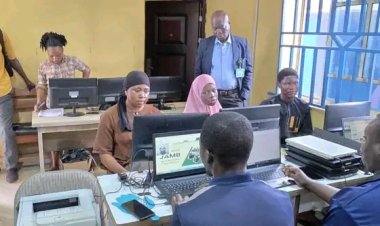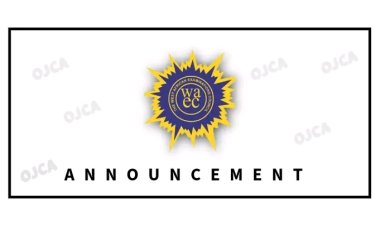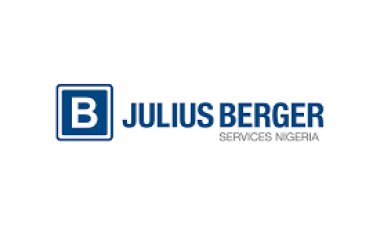Federal University of Lafia Partners with NALV to Boost Arabic Programmes
Professor Muhammad stated, “The envisaged partnership between NALV and FULafia is an opportunity to develop collaborative programmes and elevate Arabic language education in Nigeria.”
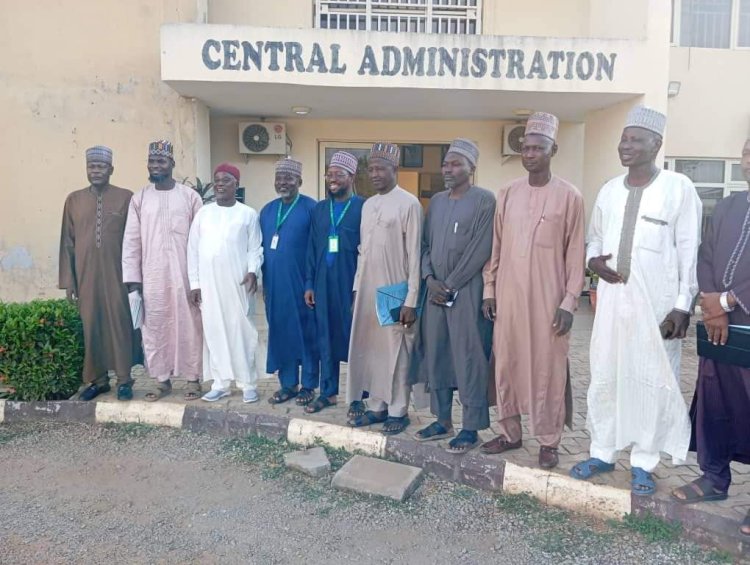
The Federal University of Lafia (FULafia) has announced a partnership with the Nigeria Arabic Language Village (NALV), Ngala, Borno State, aimed at advancing Arabic language education in both institutions. The collaboration will focus on sharing resources, expertise, and experiences to strengthen teaching and learning of Arabic.
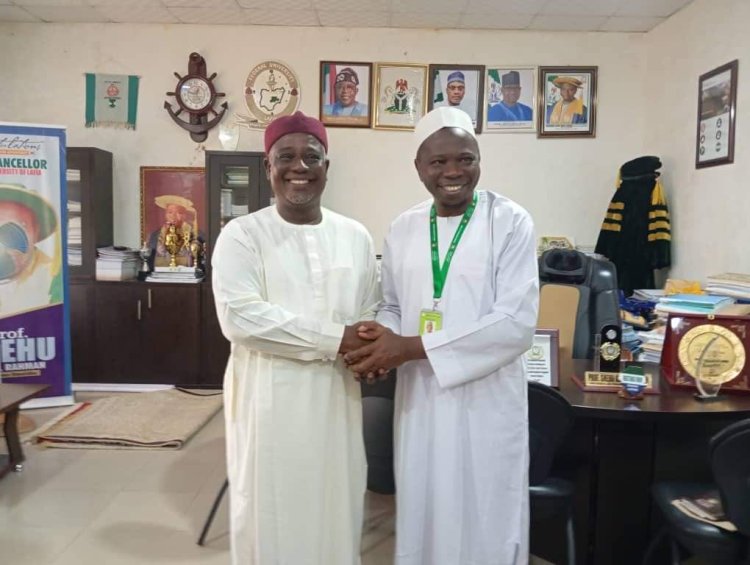
The Director and CEO of NALV, Professor Ibrahim Muhammad, disclosed this during a courtesy visit to FULafia’s Vice-Chancellor, Professor Shehu Abdul Rahman. He emphasized that the partnership would enhance knowledge in Arabic studies through joint programmes, research, and training initiatives.
Professor Muhammad stated, “The envisaged partnership between NALV and FULafia is an opportunity to develop collaborative programmes and elevate Arabic language education in Nigeria.”
Welcoming the initiative, Professor Abdul Rahman expressed optimism about the collaboration, acknowledging NALV’s expertise in Arabic language studies. He assured that FULafia would review the draft Memorandum of Understanding (MoU) submitted by NALV to formalize the partnership.
The Vice-Chancellor added that the collaboration would promote staff training, exchange programmes, and significantly advance Arabic language education in Nigeria.
Present at the meeting were Professor Mohammad Aliyu Tanko, Chief Imam of FULafia, and Dr. Idris M. Muhammad, Head of the Department of Arabic Language, FULafia, who both supported the move as a step towards enriching Arabic studies in the country.
By Othman Alaga

